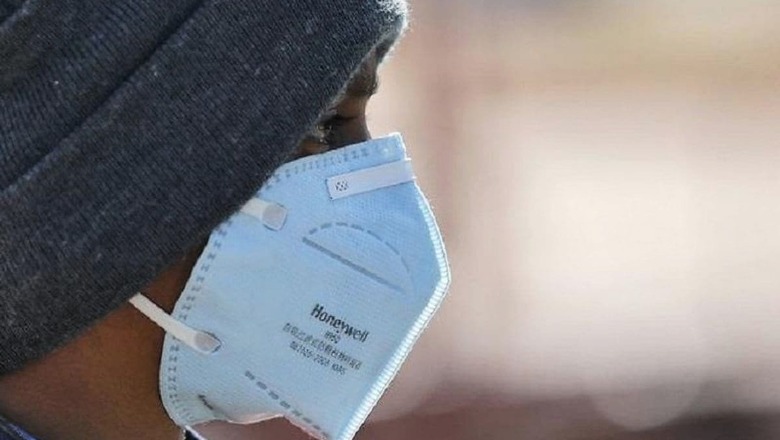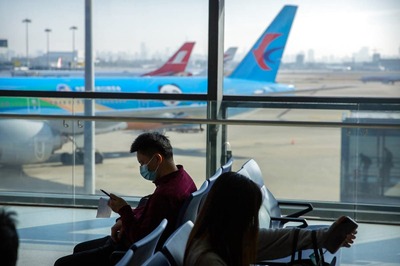
views
Face masks have become an absolute essential during the current pandemic. Studies have shown that wearing masks, surgical or homemade, can significantly reduce the risk of transmission of SARS-CoV-2, the causative agent of COVID-19. When used along with physical distancing measures, it is proposed to be helpful in containing the outbreak in affected areas.
However, several questions have been raised regarding the effects of masks on oxygen uptake, especially during exercising or intense physical activity. Some people suggest that wearing a mask during vigorous workouts can reduce oxygen intake and increase carbon dioxide rebreathing. This leads to hypercapnic hypoxia, a condition in which carbon dioxide replaces oxygen in the blood.
Now, a group of researchers at the University of Saskatchewan claim that masks do not have any such side effects on health.
The findings of their study are published in the International Journal of Environmental Research and Public Health.
Previous evidence
Previously, Dr Chandrasekaran et al from the Manipal Academy of Higher Education, India had proposed a hypothesis. It stated that wearing face masks during workouts will make it difficult to breathe as it will increase rebreathing of carbon dioxide and reduce oxygen consumption, leading to lower arterial oxygen saturation of hemoglobin.
Some other studies had also supported the evidence wherein people wearing surgical masks had shown reduced expiratory flow and forced vital capacity, indicating reduced lung function. However, the authors of the new study have pointed out that putting a spirometer on a surgical mask may not have left much space for the person to breath and that may have been the reason for such results.
The study
For the study, the researchers assessed the effects of surgical masks, three-layer cloth masks and no masks in a group of 14 participants (7 men and 7 women) aged between 28 and 36 years. All the participants underwent a cycle ergometer test and their arterial oxygen saturation and tissue oxygenation index (loading-unloading of hemoglobin) were measured throughout the tests. In a cycle ergometer test, athletes are asked to pedal on an ergometer bike for a few minutes at constant workload and then at a progressive increase in pedalling intensity on the bike. The test was over once the person could not take the pedal rate.
The findings
It was found that none of the participants experienced exhaustion with or without masks and they did not notice any major changes in arterial oxygen levels, tissue oxygenation index or heart rate.
The authors of the study indicated that the findings of this study are important as they show that in a gym, where a closed environment and heavy breathing leads to more and farther spread of the virus-laden droplets, you can wear masks safely to reduce transmission risk as it won’t affect your health.
For more information, read our article on COVID-19.
Health articles on News18 are written by myUpchar.com, India’s first and biggest resource for verified medical information. At myUpchar, researchers and journalists work with doctors to bring you information on all things health.
Read all the Latest News, Breaking News and Coronavirus News here




















Comments
0 comment